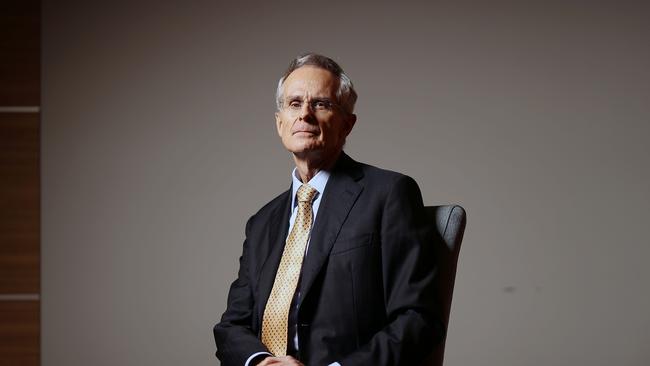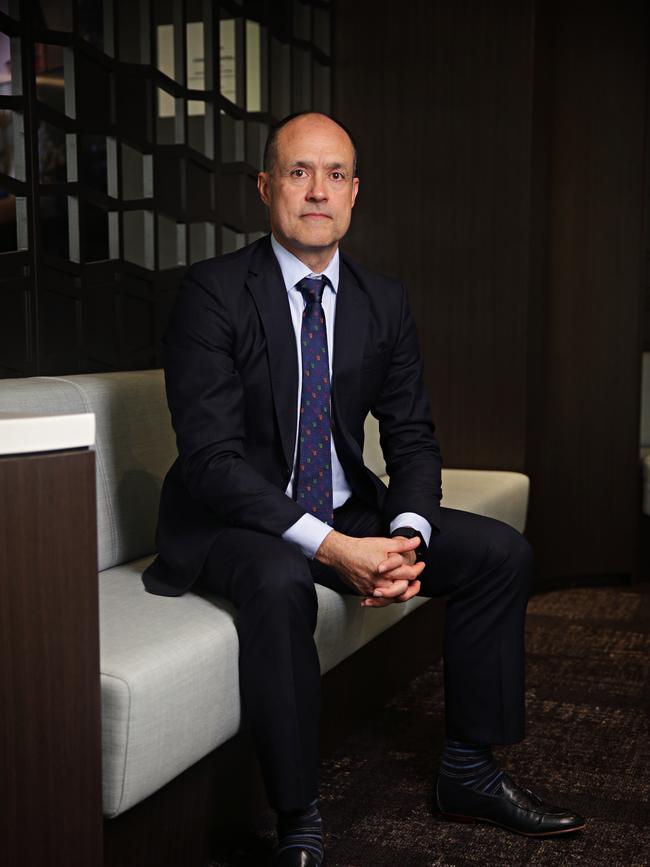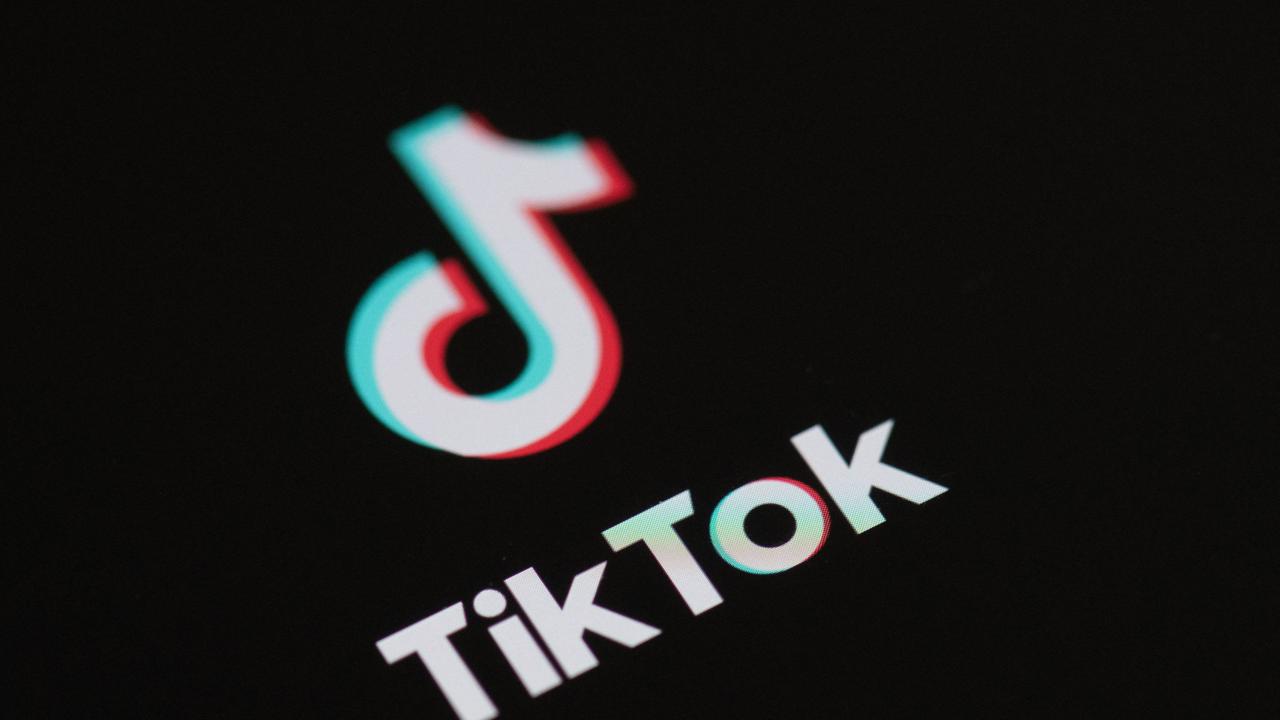Prices ‘could go up’ after Telstra-TPG deal: ACCC
Australia’s outgoing competition tsar has warned of a hip pocket hit if Telstra and TPG’s landmark network sharing agreement goes ahead.

Outgoing competition tsar Rod Sims has warned of potential significant price rises as a result of the TPG and Telstra network sharing deal announced this week, flagging that the arrangement may lead to a less competitive telco environment and higher prices for consumers as a result.
Speaking in an interview Mr Sims said that TPG, which merged with Vodafone in 2020, previously differentiated from the likes of Optus and Telstra on price, but may no longer be able to do so if it‘s forced to make substantive payments to Telstra.
“TPG is a big player in the cities, and there are a lot of people on TPG who aren‘t actually travelling out of their city, and not going into regional areas much at all. So they benefit from getting a lower price, and not having to pay a much higher price for something they may not value,” he said in an interview. ”The concern is that to the extent TPG looks a lot like the other two players, then they might start pricing like them as well.
“That means people who were happy with main city coverage and also happy paying a lot less lose that option.
“The other issue is what will happen to competition for improving the network in regional areas, because unless there‘s some pressure, you won’t get more investment to improve the network. We need to understand that as well, there are many dimensions to what is a seriously complex issue.”
Mr Sims added that ‘it was just a fact’ that mobile plan prices had risen across the board following the 2020 $15bn TPG-Vodafone merger, and that the telco environment had been less competitive. The ACCC fought in court against the merger going ahead but the Federal Court allowed it to go ahead.
“The fact you‘ve had these price increases post-merger and that’s exactly what we were concerned about … What we’re signalling is that this is complex, it’s going to take a lot of thinking about. These concerns may evaporate but this is a complex issue that may have negative implications that we’re going to get to the bottom of.”
A TPG spokeswoman refuted Mr Sims‘ comments in a statement.
“Contrary to Mr Sims’ comments, our own analysis has confirmed advertised mobile prices have fallen since the merger, with nearly all plan changes favouring consumers through higher data allowances and higher speeds,” she said.
“Our regional network sharing agreement with Telstra is in the best interests of competition, choice and consumers. It will allow us to bring our much-loved brands, including Vodafone, TPG, iiNet and felix, to millions more Australians. We’ll be offering choice of provider to many regional areas for the first time.
Our customers will receive seamless access to 4G and 5G coverage in regional Australia at no extra cost on our plans. We’ll also continue to differentiate our products as we’ll be using our own core network.
“A large part of the cost of the agreement with Telstra will be offset by savings from no longer operating our regional network and by payments we receive from Telstra for spectrum.”

The deal, announced Monday, will see Telstra will gain access to TPG’s 4G and 5G spectrum and around 169 extra mobile sites, while TPG will gain access to around 3,700 of Telstra’s cellular towers, boosting its 4G coverage to 98.8 per cent of the population from 96 per cent. Optus, previously in second place, covers 97.3 per cent of the population.
TPG Telecom – which also operates mobile brands including Vodafone, TPG, iiNet, Lebara and felix – will decommission the 725 mobile sites it currently operates within the relevant areas.
The landmark deal is extendible for a further decade, and will make TPG the second largest mobile network in Australia. The deal will benefit around 4 million Australians living rurally, and millions more in the cities who live on the ‘urban fringe’.
Telstra shares closed up 2.3 per cent at a five-day high daily close at $4.02. Shares in TPG closed up 0.9 per cent to $5.87.
Speaking to The Australian last week, Telstra chief executive Andy Penn did not rule out price rises across the board due to rising inflation but said his T22 program – which ended this year after cutting $2.7bn in costs – had made it easier for customers to change plans depending on circumstances.
Telstra was contacted for comment.



To join the conversation, please log in. Don't have an account? Register
Join the conversation, you are commenting as Logout